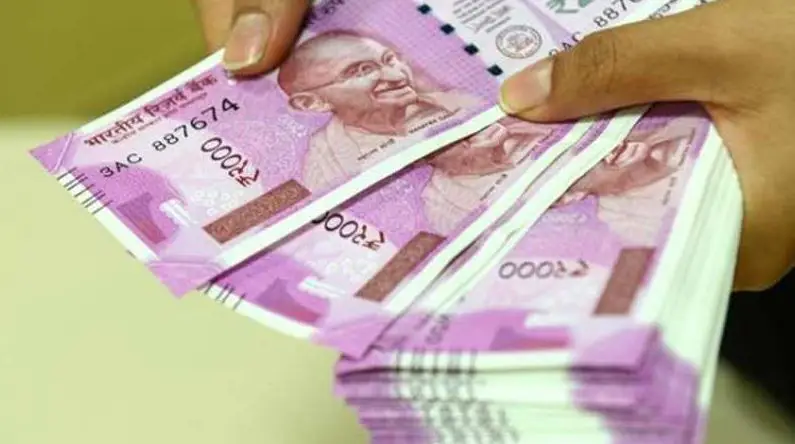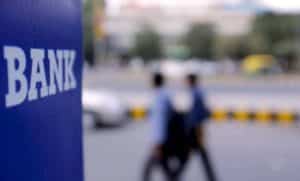Minimum Basic Income in India | UPSC IAS
Recently, there have been calls for introduction of Minimum Basic Income (MBI) in the India. The Minimum Basic Income is a social welfare system that guarantees a basic income to households, provided they meet certain conditions. This is different from Universal Basic Income (UBI) scheme, which is a periodic, unconditional cash transfer to all citizens on individual basis, without means-test or work requirement. To that extent, the Minimum Basic Income is a conditional UBI or a quasi UBI (targeted).
What are merits of the Minimum Basic Income (MBI) ? | UPSC IAS
- Social Justice & Equity: There is a need for such ways to ensure a just society that needs to provide every individual a minimum income to provide for basic necessities.
- Freedom of choice: The poor in India are treated as subjects of Government’s welfare policies, rather than economic decision makers. MBI treats them as agents and entrusts them with the responsibility of using welfare spending as they see best.
- Poverty alleviation: According to Economic Survey (2016-17), income transfers can reduce poverty to 0.5% at a cost of about 4% to 5% of the GDP, if those in the top 25% income bracket are not included. Moreover, minimum income guarantee also covers urban poor.
- MBI has potential to reduce rural distress for e.g. it can decrease long term rural indebtedness, as propensity to save increases.
- Better social development: Pilot studies in Madhya Pradesh have shown that the income supplements can improve nutrient intake, school enrolment and attendance of female students, toilet building etc.
- Financial Inclusion: by augmenting rural income & promoting usage of bank accounts, which further expands banking services.
- Other advantages include administrative efficiency, gender equity (by taking individuals and not household as beneficiaries), insurance against shocks and flexibility in labor market.
What are the Challenges ? | UPSC IAS
- Definition of basic income: It is difficult to reach on a consensus-based definition of ‘Basic Income’, which will be sufficient to meet basic needs. Tendulkar Committee poverty line of 33/- a day works out basic income of 12,000/- a year. It will cost 11-12% of GDP, in comparison to the existing subsidy burden of 4-4.5% of GDP.
- Fiscal challenges: Total fiscal cost will depend on 2 factors: (i) Coverage of the scheme (ii) Extent of substitution with existing subsidies/schemes. Further there are various challenges like difficulty in exiting subsidies, hostility in extracting more tax revenue from wealthy, medium term fiscal risk, and rising consumption may stroke inflationary pressure.
- Cash vs Kind Dilemma: While giving income support, it is assumed that the beneficiaries would be wise in their discretion. However, it suffers from challenges like misuse of cash (on demerit or sin goods), increasing vulnerability of women and child as finances of families are controlled by men, direct monetary benefits not
being inflation proof, etc. - Targeted vs universal: Universalisation is the key to efficient delivery of services against targeting proposed by these cash transfer schemes. Strict targeting may have its own problems like issues related to identification of beneficiaries. This needs an easily identifiable objective criterion. Otherwise, it cannot be claimed to be superior in terms of the leakages.
- Basic income is no substitute for state capacity: In developed countries, the cash transfers supplement existing social security provisions and are a top-up over and above universal
provision of health & education. In the Indian context, most arguments in favour of MBI are premised on the inefficiencies of existing social security interventions and seek to replace them with direct cash transfers.- Cash transfers seek to create demand for services without supplying the services, which leaves the poor to depend on private service providers. The privatisation of basic services such as health and education may lead to the problem of accessibility (e.g. in remote areas) and large scale exclusion of the poor and marginalised.
- Reduce worker productivity and reduce incentive for skill development and increasing employability through constant effort.
- Implementation Challenges: The success of cash transfers depend upon the outreach of banking system & last mile connectivity.


